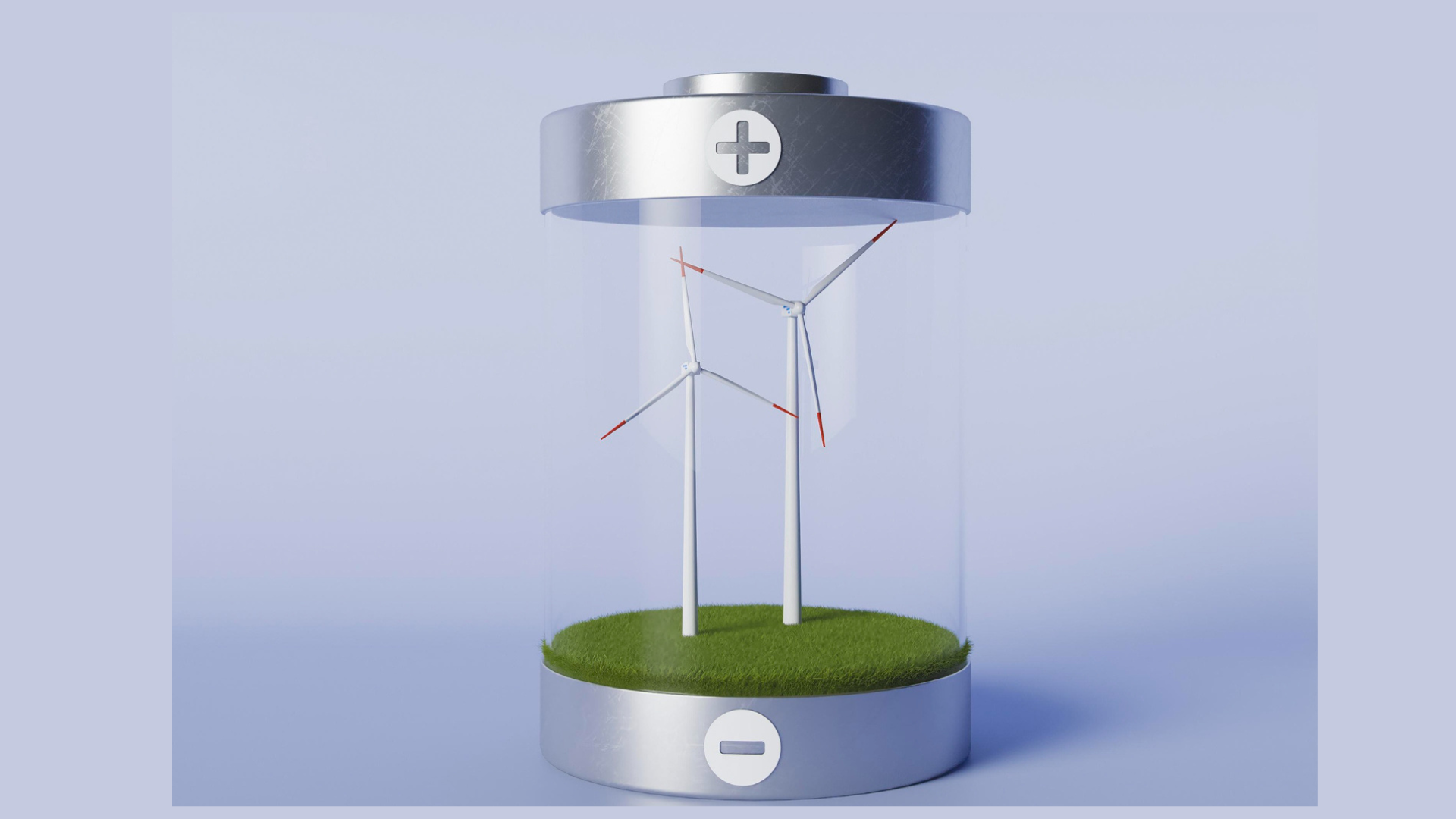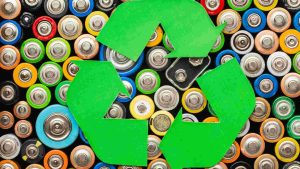![]()
Innovative processes and techniques that enhance the efficiency of lithium-ion battery recycling plants in India: In the wake of the burgeoning electric vehicle (EV) market, the demand for lithium-ion batteries has surged, bringing to the forefront the critical issue of efficient recycling. With India positioning itself as a key player in the global shift towards sustainable energy solutions, the need for advanced processes and techniques in lithium-ion battery recycling plants is more pressing than ever. This blog delves into the innovative strides reshaping the landscape of battery recycling in India, fostering a sustainable and circular economy.
1. Automated Sorting Systems: Streamlining the Recycling Process
- Traditionally, battery recycling involved manual sorting, leading to inefficiencies and increased labour costs. However, modern recycling plants in India are increasingly adopting automated sorting systems. Advanced robotics and artificial intelligence (AI) are employed to identify and segregate different types of batteries quickly and accurately. This not only expedites the recycling process but also minimises the risk of mishandling hazardous materials.
2. Hydrometallurgical Processes: Maximising Metal Recovery
- One of the challenges in lithium-ion battery recycling is the efficient extraction of valuable materials like lithium, cobalt, and nickel. Hydrometallurgical processes have emerged as a game-changer in this regard. These processes involve the use of water-based solutions to dissolve metals from the battery components. By employing innovative hydrometallurgical techniques, recycling plants can achieve higher metal recovery rates, reducing the dependence on mining for these precious resources.
3. Pyrometallurgy for Thermal Recovery: Energy-Efficient Solutions
- Pyrometallurgical techniques involve using high temperatures to recover metals from batteries. In India, where energy efficiency is a crucial concern, innovative pyrometallurgical processes are being developed to minimise energy consumption. By optimising temperature control and heat recovery systems, recycling plants can achieve higher thermal efficiency, making the recycling process not only environmentally friendly but also economically viable.
4. Lithium Recovery Technologies: Tapping into the EV Boom
- The surge in electric vehicle adoption has led to a massive influx of lithium-ion batteries, making lithium a key focus in recycling efforts. Innovative lithium recovery technologies, such as solvent extraction and ion exchange, are gaining traction in Indian recycling plants. These methods allow for the efficient and selective extraction of lithium from battery components, ensuring a sustainable supply of this crucial element for future battery production.
5. Closed-Loop Recycling Systems: Creating a Circular Economy
- Closed-loop recycling systems are revolutionising the way batteries are handled at the end of their life cycle. These systems aim to create a circular economy by ensuring that recycled materials are directly incorporated into the production of new batteries. In India, efforts are being made to establish comprehensive closed-loop systems, reducing the environmental impact of battery production and fostering a more sustainable approach to resource utilisation.
6. Innovations in Battery Design: Facilitating Recycling Processes
- An often overlooked aspect of efficient recycling is the design of the batteries themselves. Innovative battery designs that prioritise recyclability are becoming a focus in the industry. This includes standardised formats, easily separable components, and the use of materials that are more conducive to recycling processes. Manufacturers in India are increasingly collaborating with recyclers to develop batteries that are not only high-performing but also environmentally friendly from cradle to grave.
7. Digitalisation and Data Analytics: Optimising Operations
- In the era of Industry 4.0, digitalisation and data analytics has a pivotal role in enhancing the efficiency of recycling plants. By implementing advanced monitoring systems and data analytics tools, plant operators can optimise the entire recycling process. Real-time data on throughput, material composition, and equipment performance enable quick decision-making, preventive maintenance, and continuous process improvement.
8. Public Awareness and Collection Infrastructure: The First Step in Recycling
- Efficiency in lithium-ion battery recycling starts at the source – with effective collection systems and public awareness. Innovative approaches are being implemented in India to educate the public about the importance of battery recycling and provide convenient collection points. Mobile collection units, awareness campaigns, and collaborations with businesses are helping establish a robust collection infrastructure, ensuring a steady supply of batteries to recycling plants.
Conclusion:
As India strives to establish itself as a leader in sustainable technologies, the evolution of lithium-ion battery recycling processes is a critical aspect of this journey. The innovative processes and techniques discussed here underscore the commitment of the industry to create a closed-loop system that not only addresses the environmental challenges posed by the proliferation of batteries but also contributes to the development of a circular economy. With continuous advancements and collaborative efforts, India is poised to set new benchmarks in the efficiency and sustainability of lithium-ion battery recycling.





